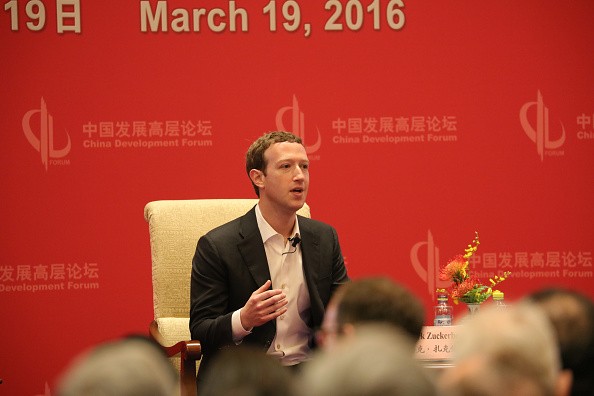Anonymous sources say that Facebook has developed a content-suppression program that can be used by Chinese authorities to filter and control posts. This exercise of power will have a tremendous potential to amplify the hollow one-mindedness of social media users.
As Facebook continues to expand and may someday reach half of the world's population, its selective filtering and censorship of content may make them an absolute power over what half of the world watches and reads. A recent example of this is the censorship of images of Prophet Muhamed as well as the Vietnam War on the social media platform.
Facebook doesn't only filter posts, but also filters messaging content. And if you combine this with their behavioral learning mechanisms technology, it signals a worse upcoming change.
Matthew Stender, a Berlin-based technology rights advocate, said: "The rate at which content is blocked, and at which accounts are suspended, are both striking in their frequency and their lack of transparency."
He also warned that "we don't know what extent Facebook curating our timelines shapes our view of the world."
Mark Zuckerberg has effusively courted China's chief Internet propagandists, which gives a hint that the company will willingly aid China's oppression.
Facebook's censorship has become both extra-partisan and international wherein Chinese dissidents have had their artwork banned and Wikileaks' content being blocked.
Currently, a lot of "fake news" are spreading rampantly on Facebook. The traditional media interpreted this as an "especially effective move to propagate false right-wing news."
Facebook announced that they are planning to eliminate "fake news" on their social media platform. This move has been praised by China's Communist Party Organ, the Global Times.
Alex Grass, a fellow at the Floersheimer Center for Constitutional Democracy at Cardozo School of Law, said that Zuckerberg should consider his legacy. He either will be remembered as the owner of the company that wields all its power in the cause of free expression, or an owner of the company that is a conciliatory billionaire that enabled suppression at home and abroad.



























